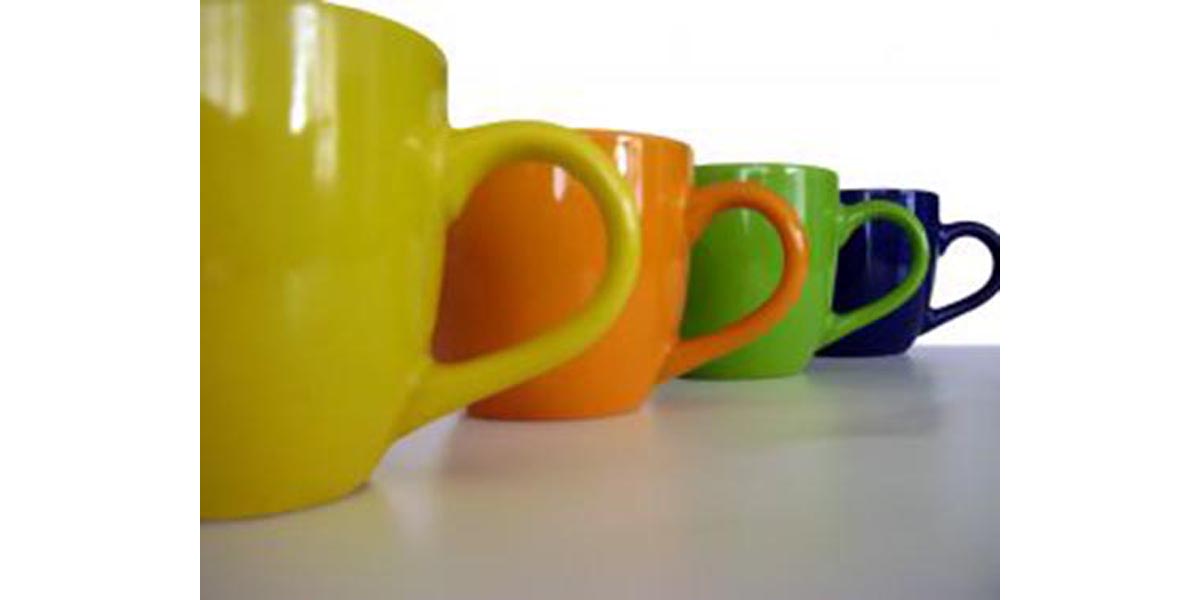Table of Contents
From head to toe, the human body is mostly water. About 60% of the total weight of the human body is water, and the importance of water is quickly evident when we don't drink fluids. Just 72 hours of dehydration causes rapid pulse, parched lips and death.
Many self-described experts try to tell us that caffeinated beverages, sugary beverages, and fruit juices are somehow actually dehydrating. Drinking coffee, we are often told, sucks more fluid out of the system that it puts in. But do we really need 8 glasses of actual water every day?

Most studies finding benefit from drinking water put the the figure at about 1,300 ml, or about six 240-ml cups, of water every day.
- A study of 48,000 men found that every additional cup of water drunk per day lowered the risk of bladder cancer by 7%, but that the benefits stopped at 1,400 ml (a little over six cups) each day.
- The Adventist Health Study found that drinking 1,185 ml of water per day, a little under six cups, resulted in 40% lower rates of heart disease, compared to drinking just 1 or 2 cups of water per day.
- Studies of colon cancer in men have found greatest benefits from drinking about 5 cups (1,200 ml) of water per day.
Benefits of drinking water are also believed to accrue in chronic fatigue, ADHD, acne, dry cough, dry skin, nosebleed, constipation, bladder infections, and erectile dysfunction. But there are also possible dangers of drinking too much water.
- Drinking too much water can cause a severe dilution of sodium in the bloodstream known as hyponatremia. There can be dizziness, confusion, agitation, headaches, loss of appetite, and in extreme cases, death. The most widely publicized cases of hyponatremia have to do with fraternity pranks forcing the drinking of water until death occurs, extreme thirst after taking the drug Ecstasy (MMDA), and after excessive drinking of beer in a condition called potomania. However, hyponatremia can also occur in hypothyroidism, asthma, pneumonia, cancer, and central nervous system diseases.
- Drinking too much polluted water increases exposure to contaminants.
- Drinking too much water can lead to "accidents" in public when it is not possible to reach a restroom in time.
And there are certain myths about drinking water that just won't go away
- Myth #1. It is important to drink before one feels thirsty to avoid dehydration. Actually, we usually begin to feel thirsty when we have lost about 2% of our water weight, and the symptoms of dehydration do not occur until we have lost about 3% of our water weight. Of course, drinking before thirst occurs ensures that dehydration will not occur.
- Myth #2. Dark urine is a sign of dehydration. Actually, dark urine can be a symptom of liver disease or bleeding in the urinary tract.
- Myth #3. Drinking water keeps the kidneys going. Actually, the kidneys only begin to shut down after about 5% of body weight has been lost to dehydration.
- Finally, are coffee, tea, and soft drinks useful sources of water? There is no evidence that drinking coffee, tea, and soft drinks causes net dehydration, although some energy drinks increase urination more than the fluid they provide.
- Valtin H. "Drink at least eight glasses of water a day." Really? Is there scientific evidence for "8 x 8"? Am J Physiol Regul Integr Comp Physiol. 2002 Nov, 283(5):R993-1004. Review.

